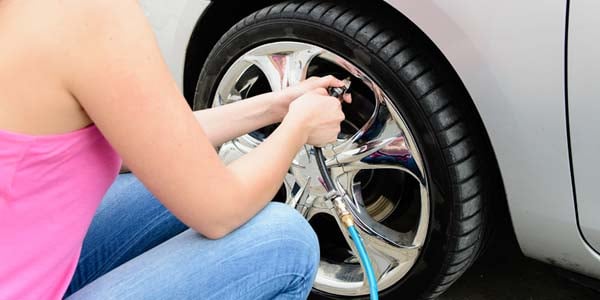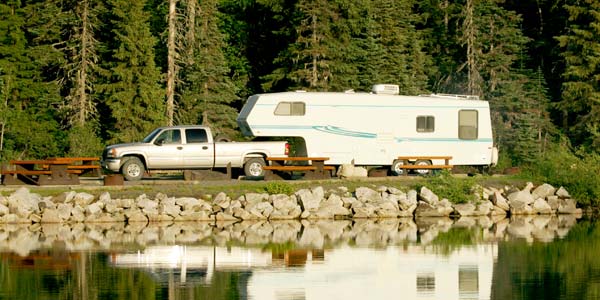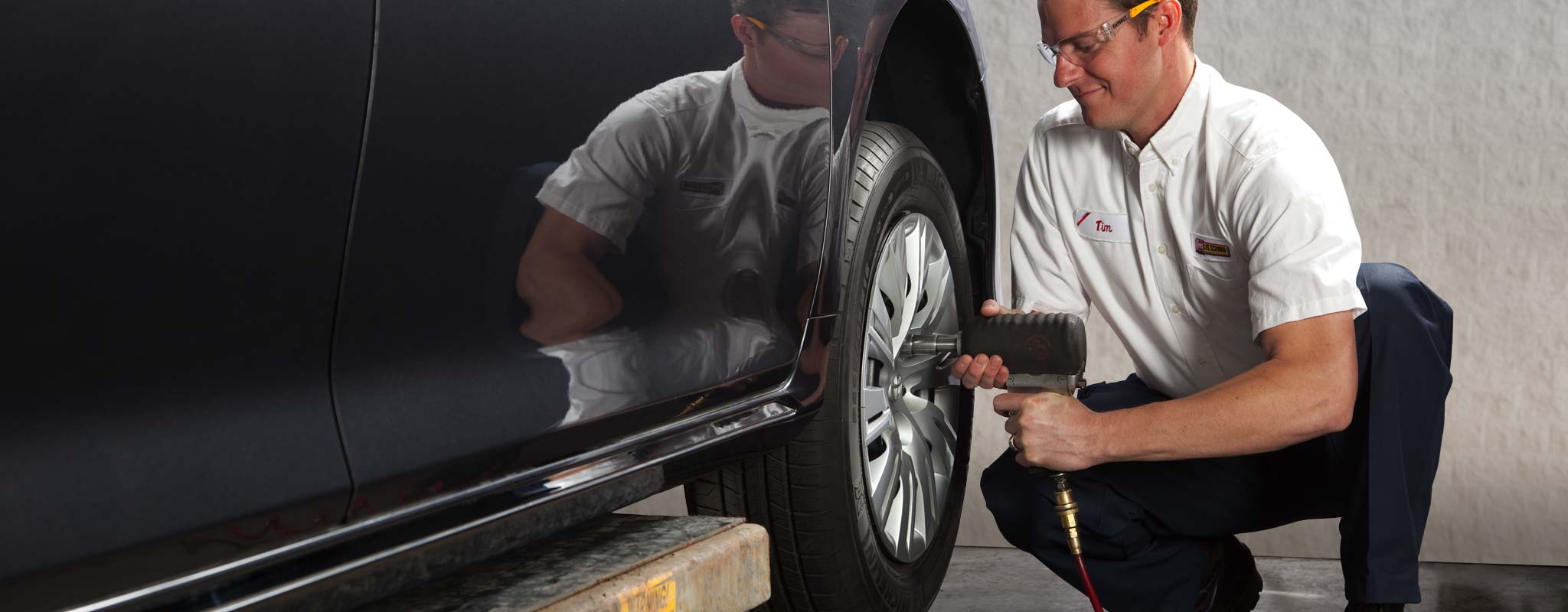Three Easy Ways to Stay on Top of Tire Care
Tire maintenance. Like dental appointments or mowing the lawn, it’s tempting to put it off.
But kicking the maintenance can down the road may mean bigger hassles or more costly problems later. Doing simple things like having your air and treadwear checked regularly can significantly extend the life of your tires, saving you money.
Keeping track of tire pressure, rotations, rebalancing and alignment doesn’t have to be a chore. Below are three simple ways to remember what to do when.
These recommended schedules are based on a driver who is logging about 12,000 miles per year. You may need tire service more often if you regularly drive off road, have specialty tires or sizes, use your vehicle for work or commercial purposes, or drive aggressively.
(Note: Don’t delay getting your tires inspected if your TPMS warning light goes on, you notice irregular wear, you’ve had a hard impact with a pothole or road debris, or there are signs of tire imbalance. Visual tire inspections are always free at any Les Schwab Tires.)
1. Track by Miles Driven
- Check tire pressure and treadwear every 1,000 miles or monthly.
- Get tires rotated and balance checked every 5,000 miles.
2. Time Tire Care with Events or Other Auto Care
- Get air pressure and treadwear checked the first of the month.
- Get tires rotated and rebalanced when you get an oil change (at least every five months).
- Get alignment checked when Daylight Savings Time ends as part of regular maintenance. Do it sooner if you hit a big pothole or road debris, or notice poor handling, wandering, loose steering or that your steering wheel isn’t level.
3. Get Email Notices When You’re Due
If you’d like personalized notices for your vehicle, we’ll keep track for you. We’ll send you service reminders when your tires are due for inflation and treadwear checks, rotations and rebalancing. (A lot of this maintenance is done free for customers of Les Schwab Tires.)
Regular tire care means noticing small problems early so they don’t become big and expensive issues later. It protects your investment in your tires and keeps them in safe running condition.
What you need to know

How To: Spring Tire Care & Maintenance
Need to get your tires ready for Spring? Read this article to learn how to care for your tires, and stay safe on the road during wet and rainy weather.

How to: Make Your Tires Last Longer
Make your tires last longer with these four simple tips. Basic maintenance, monitoring and an occasional visit to your mechanic make all the difference!

8 Great Ways to Get the Most from Your Trailer Tires
Maintaining trailer tires isn’t always the same as what you do for passenger vehicle tires. Here’s what to do to get the longest tire life from trailer tires.

